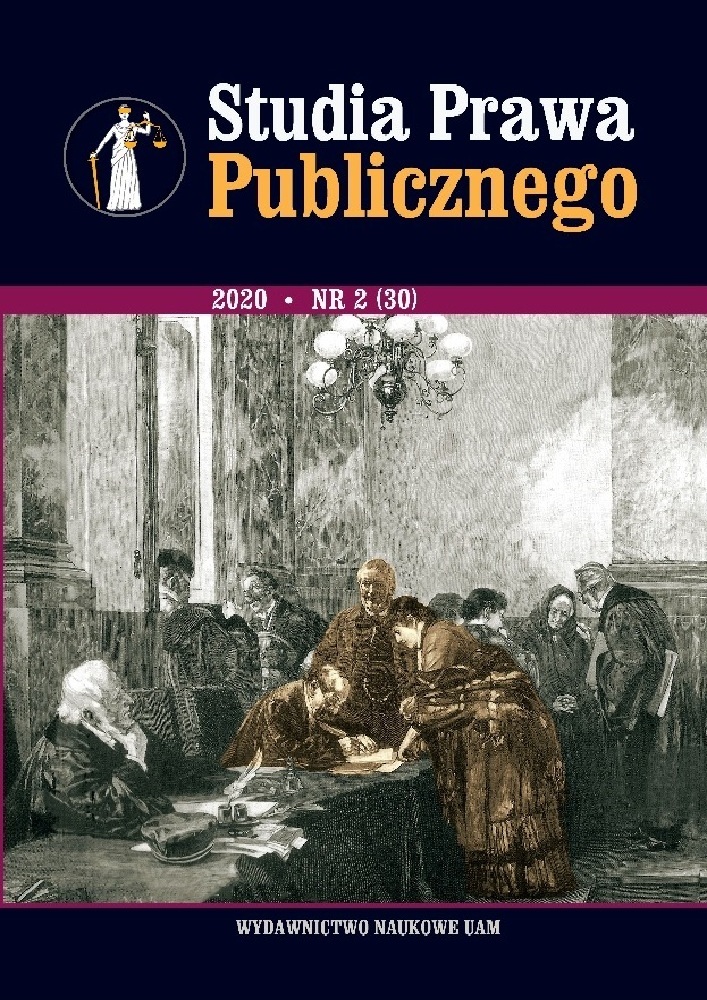Abstrakt
The article discusses the decisions “Right to be forgotten I” and “Right to be forgotten II” of 6 November 2019 by the Federal Constitutional Court, which redefine the relationship of cooperation between the Federal Constitutional Court and the European Court of Justice in the area of fundamental rights. The Court has decided for the first time that where EU fundamental rights take precedence over German fundamental rights, the Court itself can directly review, on the basis of EU fundamental rights, the application of EU law by German authorities. In the first part, the article presents the previous system, including the precedence of application of EU law and its exceptions (ultra-vires review; identity review), as well as the controversial question of the interpretation of Article 51 (1) of the Charter of Fundamental Rights, which is decisive for the applicability of the fundamental rights under the Charter. The focus is on the constitutional background of the German Basic Law for the protection of fundamental rights in the European multi-level system. Against this background, the second part of the article presents the facts and reasons for the decisions “Right to be forgotten I” and “Right to be forgotten II”. This is followed by an analysis of the consequences of these decisions for the protection of fundamental rights and cooperation between the European Court of Justice and the Federal Constitutional Court. In particular, the way in which fundamental EU rights can now be enforced before the Federal Constitutional Court is described in greater detail. The concluding part provides an overview of the open questions, risks and opportunities of this approach. Here the article illustrates the significant impact of the two decisions on dogmatic and procedural matters.
Bibliografia
Bainczyk M., Problemy hybrydowej oceny aktów unijnego prawa pochodnego w świetle wyroku niemieckiego Federalnego Trybunału Konstytucyjnego z 21.06.2016 r. w sprawie decyzji OMT, EPS 2017, No. 11.
Frowein J.A., Die Europäisierung des Verfassungsrechts, in: Festschrift für 50. Jahre Bundesverfassungsgericht, ed. by P. Badura, H. Dreier, Tübingen 2001.
Schneider K., Der Ultra-vires Maßstab im Außenverfassungsrecht, AöR 2014, vol. 139.
Simon S., Grenzen des Bundesverfassungsgerichts im europäischen Integrationsprozess, Tübingen 2016.
Licencja
Prawa autorskie (c) 2020 Magdalena Jaś-Nowopolska, Daniel Mengeler

Utwór dostępny jest na licencji Creative Commons Uznanie autorstwa – Użycie niekomercyjne – Bez utworów zależnych 4.0 Międzynarodowe.
